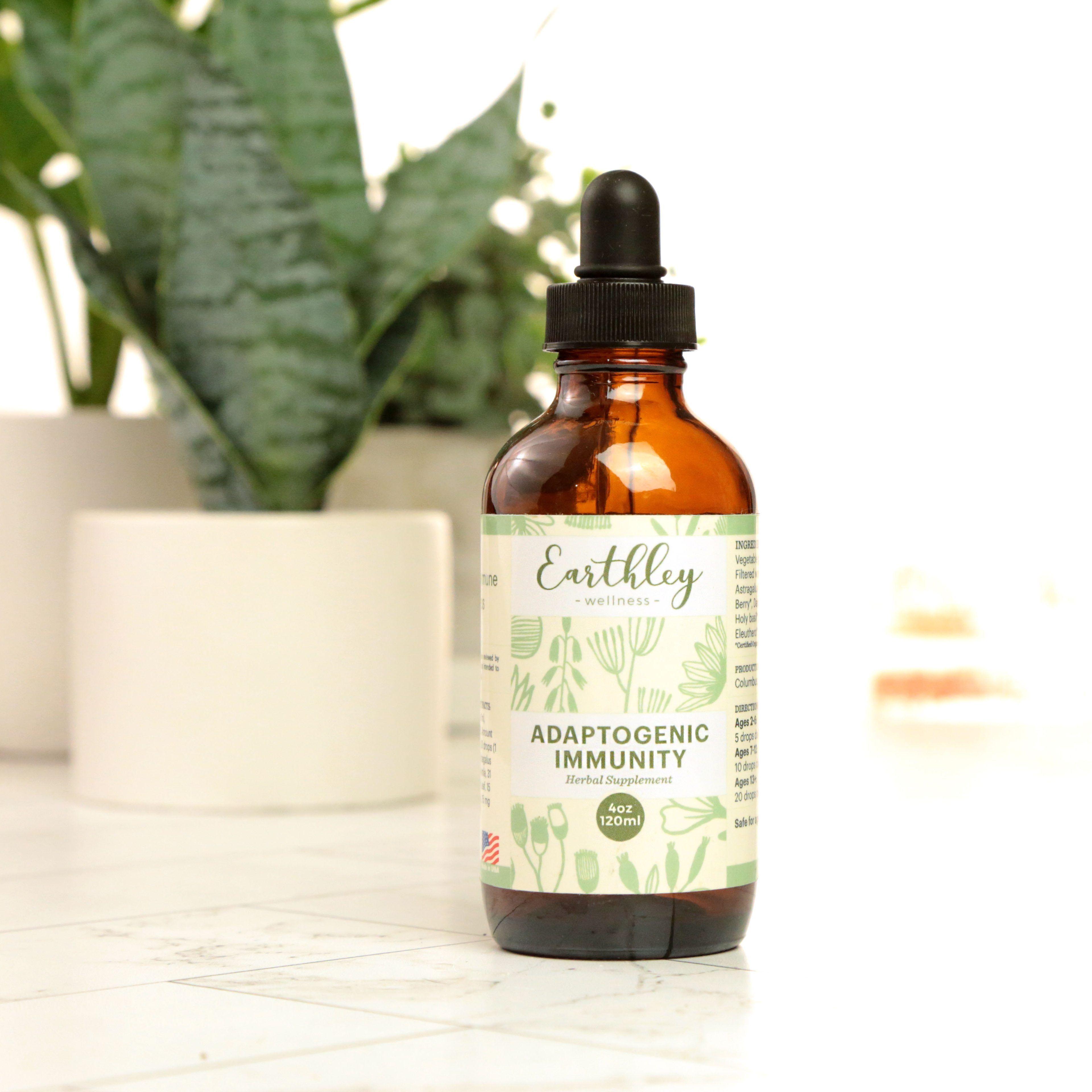Natural Remedies for Eczema

Imagine getting a call from a friend, one who's always been strong yet is feeling vulnerable, simply because others don't understand her struggle. She's lived with eczema all her life, enduring the stares, the questions, and the misconceptions from people who just don’t know what it is.
Recently, she faced a new challenge: her job asked her to cover up year-round after receiving complaints from people who assumed her skin was contagious. For those with eczema, this kind of misunderstanding can feel isolating.
However, the truth is, eczema can often be supported through mindful management—and certain natural approaches may help ease the discomfort, supporting a sense of confidence and well-being.
What is Eczema?
Eczema is a skin condition that affects men and women of all ages. Often it occurs in infants and children and is outgrown by adulthood, though that is not always the case. Typically, it is treated by medications that contain steroids which only treat the symptoms and have no focus on the problem. This chronic skin condition is commonly hereditary and comes with a family history of food allergies and asthma.
Symptoms:
- Blisters with oozing and crusting
- Raw areas from scratching
- Inflammation
- Rashes
- Dry skin
- Ear discharge or bleeding
- Leather-like areas
Triggers
Some doctors and dermatologist believe food and diet play little role in this condition. However, most people that have successfully stopped eczema from taking over their lives will tell you the first thing they changed was their diet. Food allergies and certain food intolerances are often the cause an increase in eczema. Promoting good gut health, especially in children you can often help prevent an outbreak.
Many have found a real, whole food diet to be beneficial. Check out our Gut Health Support Guide and Protocol. Try eliminating certain foods and looking for improvement – start with common allergies like gluten, soy, and dairy.
Often Eczema starts with a trigger – and this may not always be diet related. Some common ones are:
- Stress
- Dust
- Certain fabrics – such as wool, synthetics, or other rough materials.
- Detergents – use a natural, fragrance- free, low pH detergent.
- Tobacco smoke
- Extreme cold
- Heat and humidity
- Pollen
- Harsh chemicals – these can be anywhere (makeup, lotions, perfumes, soaps, ect)
- Pet dander
- Diet/food allergy
From this list you can see many of the triggers are caused by unnatural chemicals, additives, and preservatives. Chances are, the increase in diagnosed cases of eczema come from a combination of an increase in unnatural chemicals and additives in the products we use and the foods we eat.
Natural Remedies
Helping eczema starts with knowing what causes it. Once you figure out what the trigger is you can better control it and often stop it all together. However, until it is under control the symptoms can be helped naturally by:
- Fish Oil: Fish oils not only support the immune system but are also known to reduce allergic responses. Try our Cod Liver Oil (plus cod liver oil goes a step beyond with vitamin A for skin health support!).
- Calendula oil: You can add this to a bath or rub it on the skin. It is anti-inflammatory and a very good healing source for the skin. Try our Calendula-Rose Body Oil.
- Probiotics naturally support your body’s immune response and gut health to support the Gut-Skin Axis.
- Gut health support herbs and oils like the cloves, calendula, coconut oit, and pumpkin seed oil in our Gut Health Oil.
- Bathing: Taking oatmeal and herbal baths with lukewarm water (not hot). Try our Herbal Soothing Bath. For hand washing and body washing, try our gentle and nourishing Oatmeal and Honey Soap Bar.
- Flax seed has Omega-3 fatty-acids, like in fish oils, have been known to greatly support the body during eczema.
- Nourishing creams to create a barrier and support the skin. Try our blend of calendula extract whipped with mango butter and apricot oil called Soothing Skin Balm.
- Consider a Humidifier. Dry air, especially in winter, can aggravate eczema. A humidifier adds moisture to the air, which may help keep skin from drying out.
- Wear Soft, Breathable Fabrics: Opt for cotton and other soft fabrics to reduce irritation, and avoid scratchy materials like wool and harsh blends.
- Manage Stress as it can exacerbate symptoms in some people. Techniques like meditation, breathing exercises, and gentle exercise may help reduce stress. We know stress is an every day factor for most of us, that is why we developed Adaptogenic Immunity herbal extract.
Eczema is common but that isn’t a comfort to the millions who have it. A natural, toxin-low lifestyle can greatly improve symptoms by cutting out the things that so commonly trigger reactions. By eating real food, supporting your immune system, and avoiding known triggers you should be able to keep eczema from taking over your life.
Find what you need below!


A rich natural source of vitamins A and D and omega-3 fatty acids that support immune, brain, and gut health
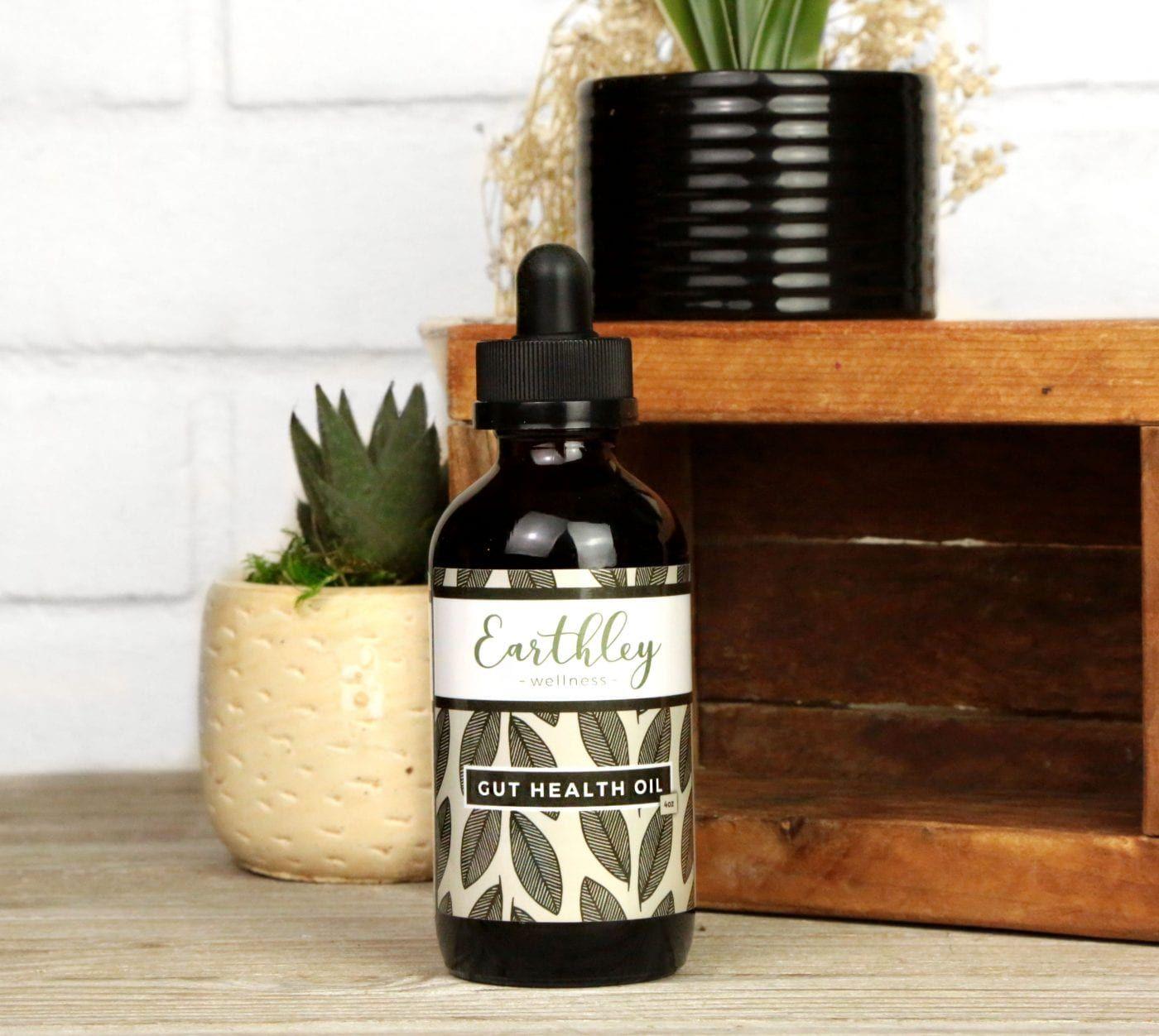
Supports digestive health and helps maintain a balanced microbial environment. Supports oral hygiene.
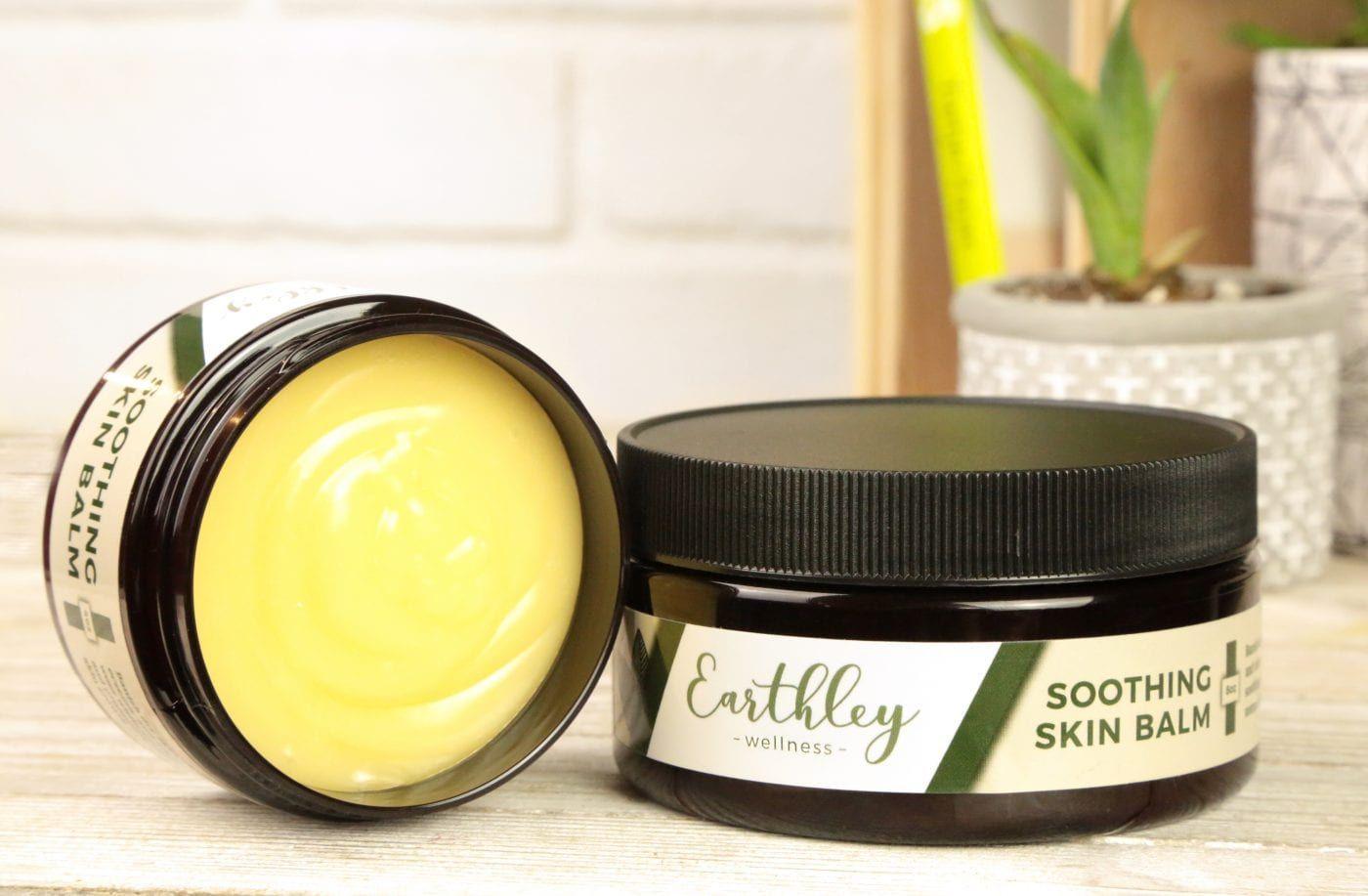
Soothes Dry Skin
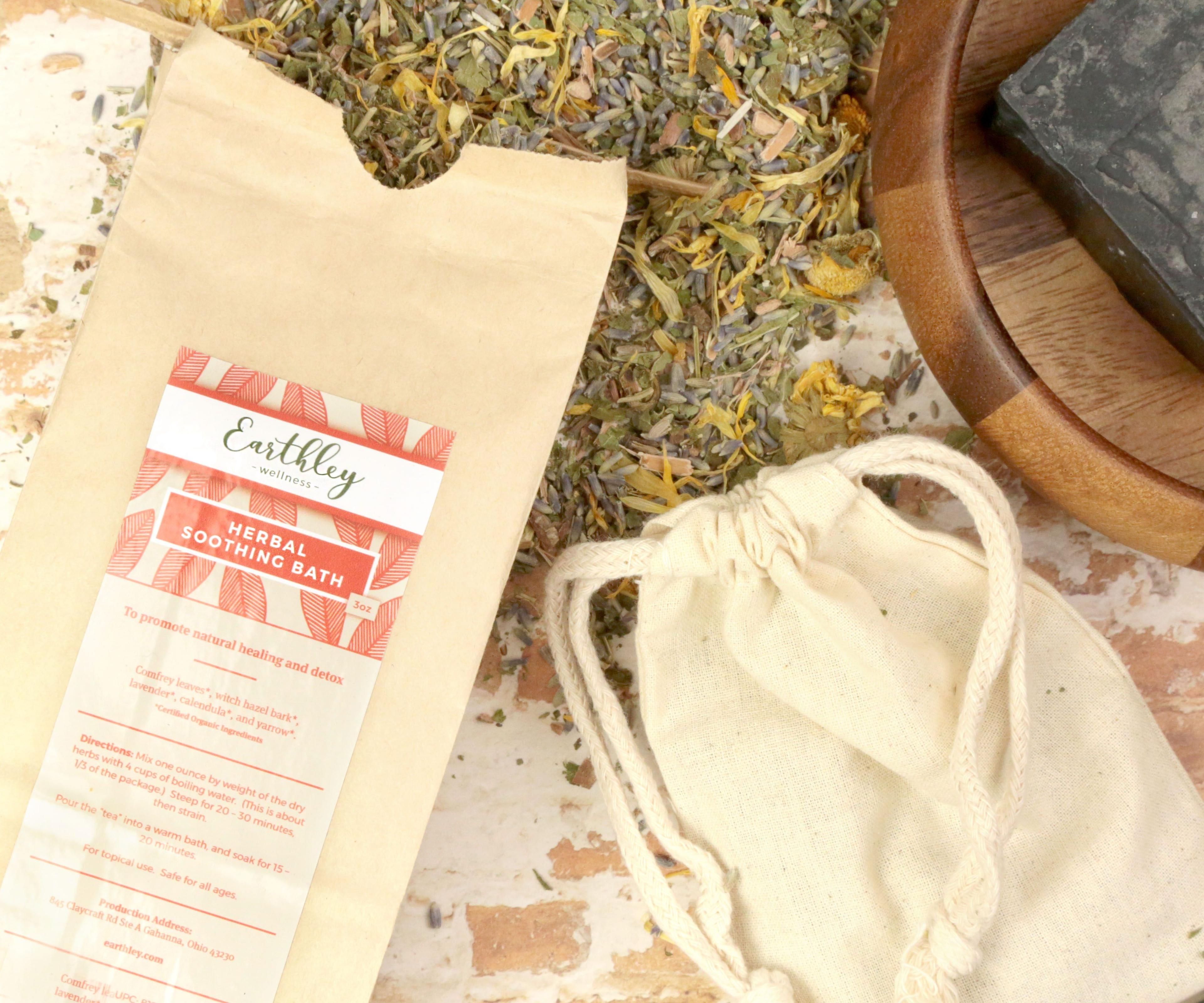
For sore muscles and postpartum support
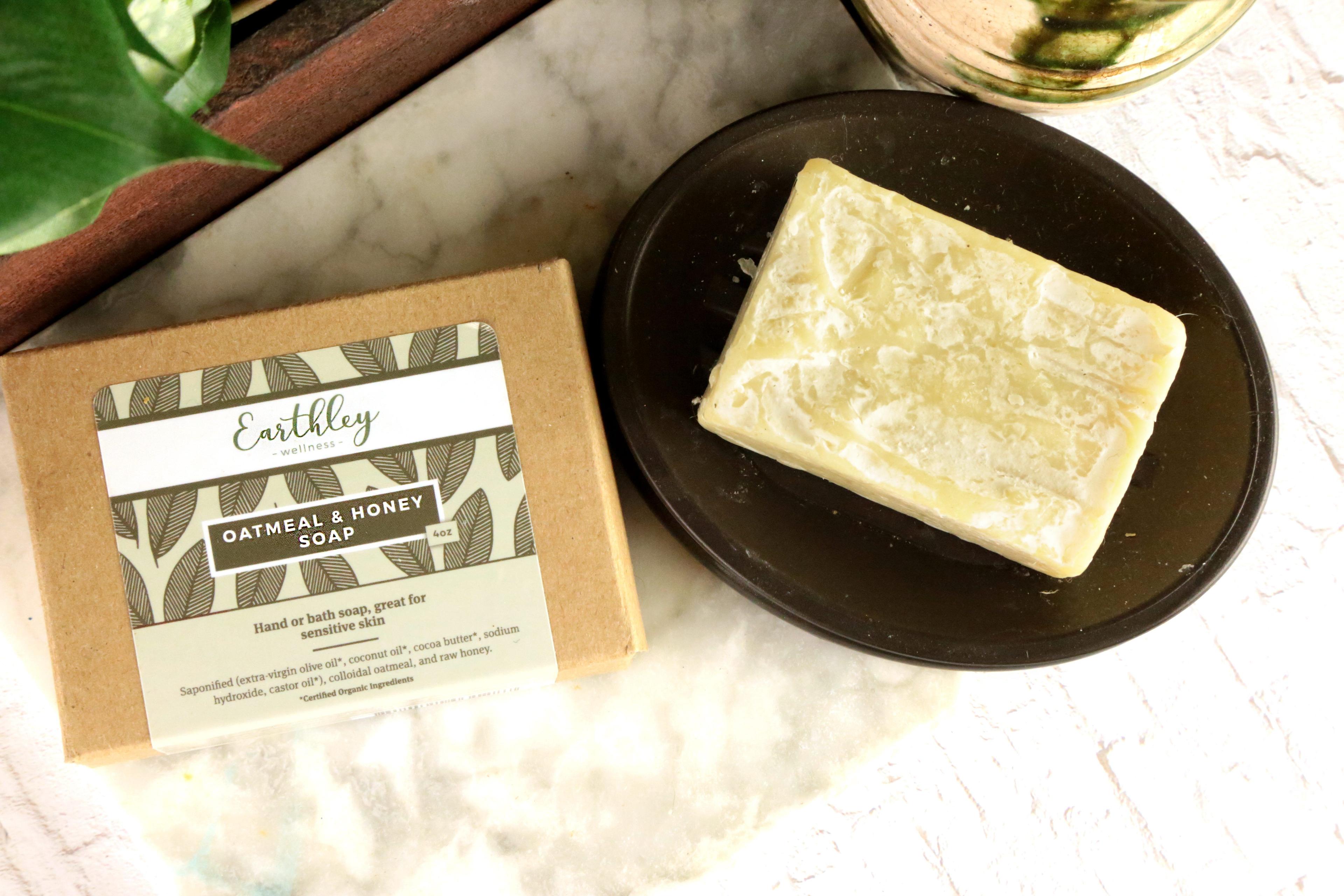
For dry, damaged skin
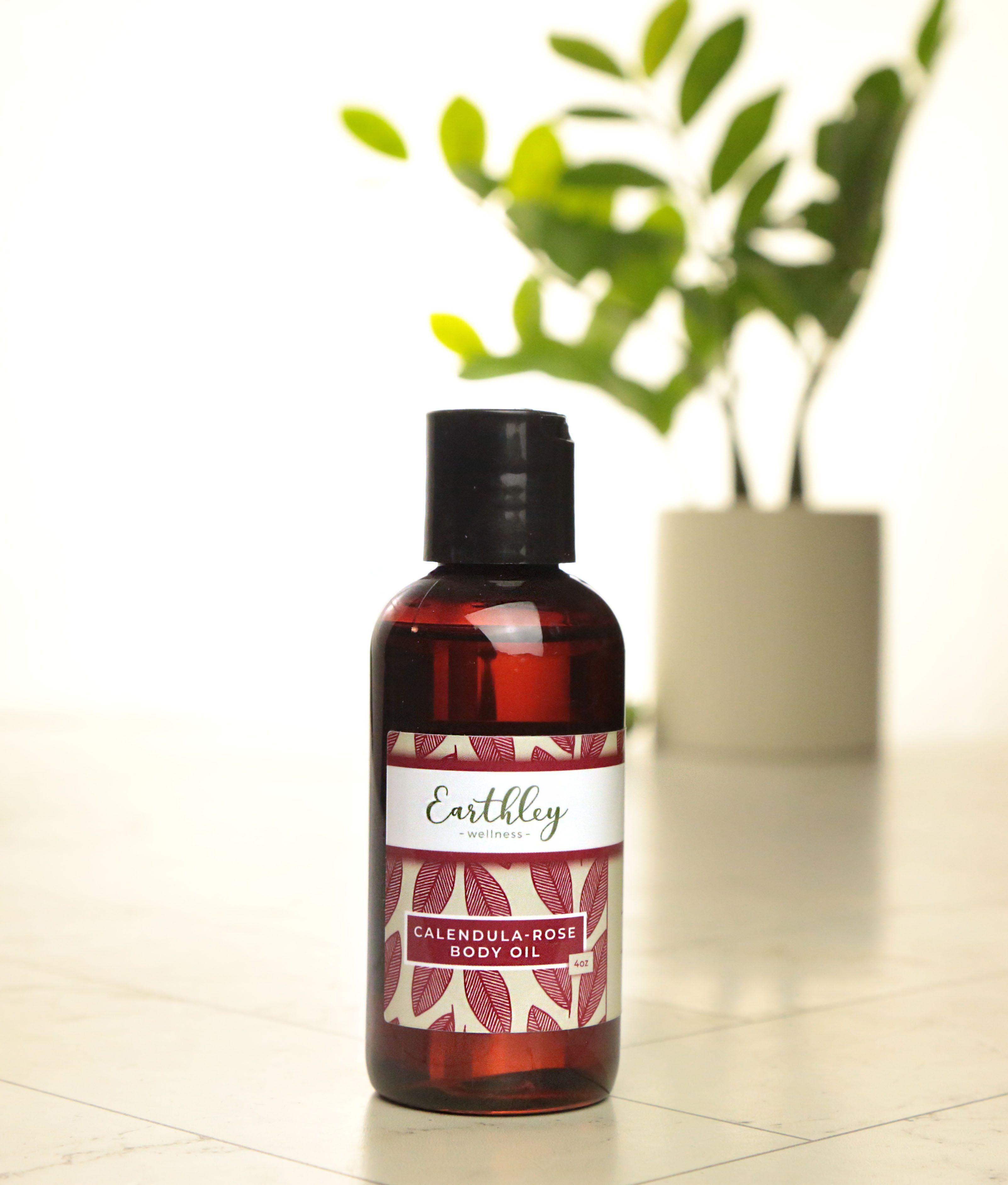
For soft, smooth skin
